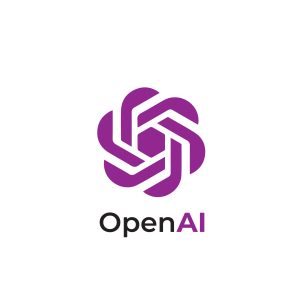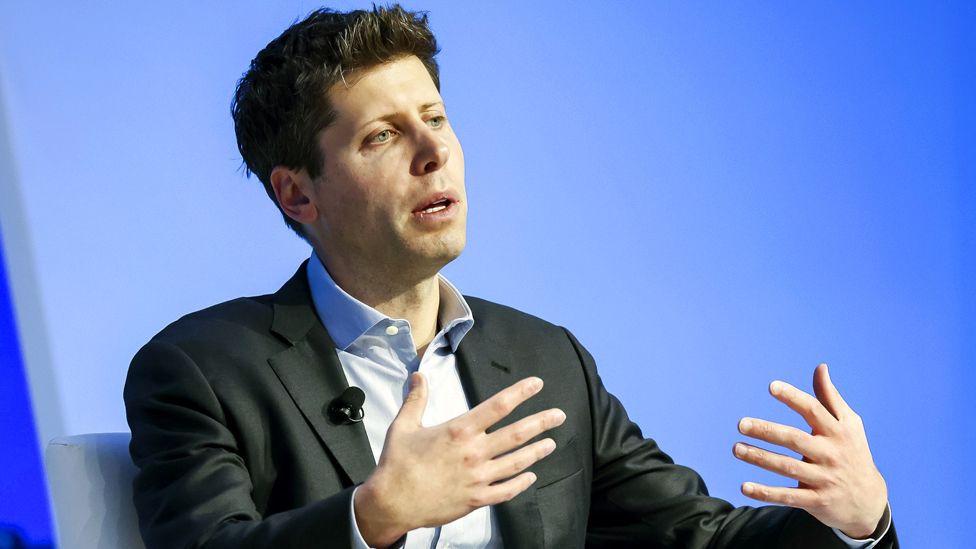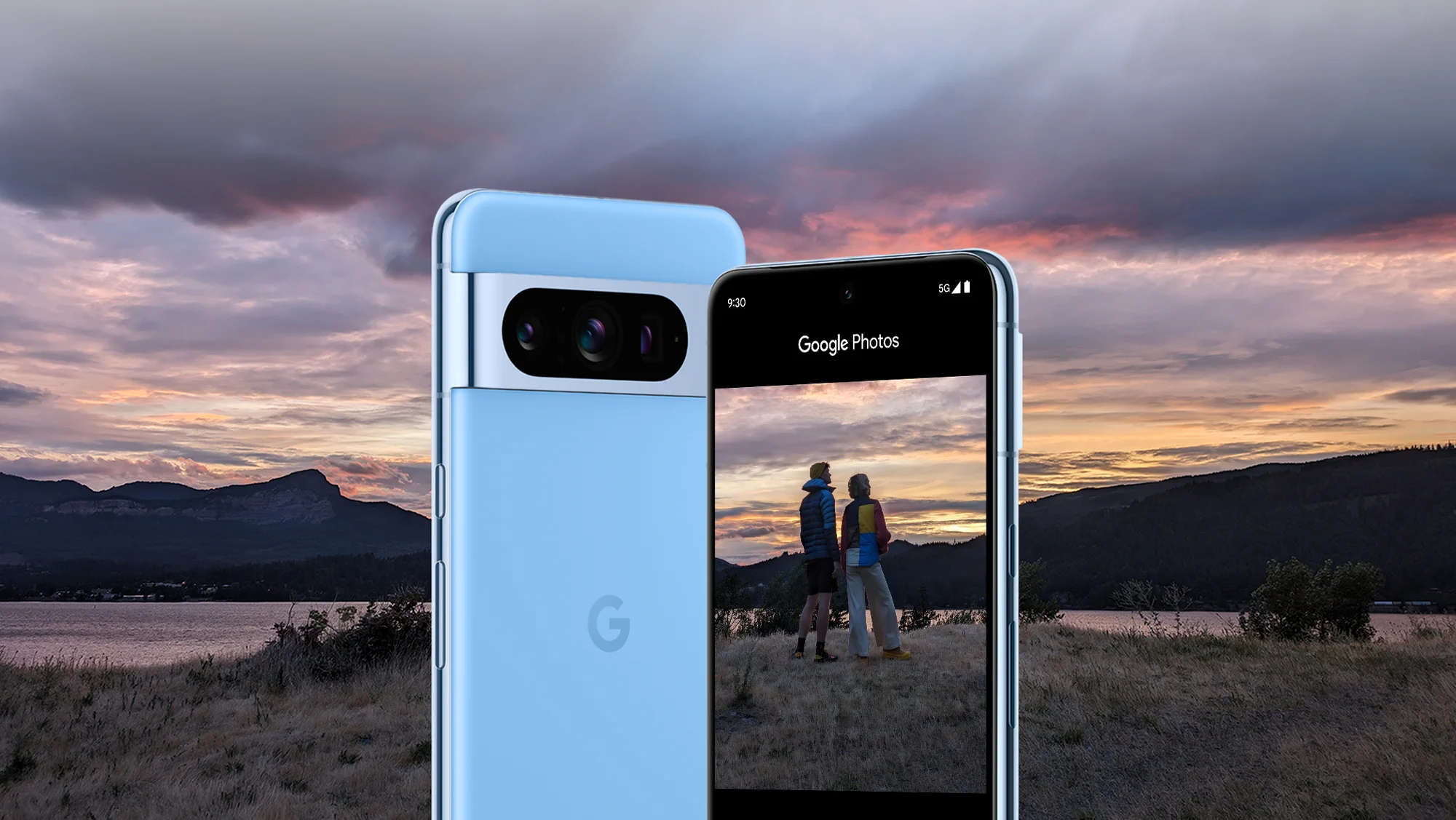Sam Altman’s OpenAI Exit: What You Need to Know
Introduction: Who is Sam Altman and why does his exit matter?
Sam Altman is a prominent figure in the tech world, known for his roles as the former president of Y Combinator, the co-founder and CEO of OpenAI, and the co-chairman of the Center for Human-Compatible AI at UC Berkeley. He is also an angel investor, a board member of several companies, and a philanthropist.
Altman’s exit from OpenAI, the AI research organization he co-founded and led since 2015, was a shocking and controversial event that sent ripples across the AI industry and beyond. Altman was fired by the board of directors of OpenAI, who accused him of being dishonest and losing their trust. Altman then joined Microsoft, a rival of OpenAI, as a senior advisor on AI and cloud strategy. Altman’s departure also sparked a rebellion among the employees of OpenAI, who demanded the resignation of the board and the reinstatement of Altman and former president Greg Brockman.
In this article, we will explore the key insights behind Altman’s exit from OpenAI, and what it means for the future of AI. We will also look at the implications of Altman’s exit for OpenAI and the AI industry, and what’s next for both parties.
The Rise and Fall of Sam Altman at OpenAI
Altman was one of the original founders of OpenAI, a nonprofit AI research organization that aims to create artificial general intelligence (AGI) that benefits humanity. OpenAI was launched in 2015 with a $1 billion pledge from a group of tech luminaries, including Elon Musk, Peter Thiel, Reid Hoffman, and others.
Altman became the CEO of OpenAI in 2019, after serving as the president of Y Combinator, the influential startup accelerator that backed companies like Airbnb, Dropbox, and Stripe. Altman was instrumental in shaping the vision and direction of OpenAI, and attracting talent and funding to the organization. He also oversaw the development and launch of several groundbreaking AI tools, such as ChatGPT, a generative AI tool that can create texts and images in response to user prompts.
However, Altman’s tenure at OpenAI was not without challenges and controversies. He faced criticism for his decision to create OpenAI LP, a hybrid entity that allowed OpenAI to raise more money from investors while retaining its nonprofit status. He also faced backlash for his involvement in the creation of OpenAI Scholars, a program that offered scholarships to underrepresented groups in AI, but was accused of being discriminatory and elitist.
Altman’s downfall at OpenAI came in March 2023, when he was fired by the board of directors of OpenAI, who claimed that he was not honest with them and lost their trust. The board did not disclose the exact reasons for Altman’s dismissal, but sources suggested that it was related to his handling of the ChatGPT project, his relationship with Microsoft, and his personal conduct.

The Board’s Decision and the Employee’s Reaction
The board of directors of OpenAI consists of seven members, including Elon Musk, Peter Thiel, Reid Hoffman, Jessica Livingston, Ilya Sutskever, Dario Amodei, and Greg Brockman. The board is responsible for overseeing the governance and strategy of OpenAI, and ensuring that it adheres to its mission and values.
The board’s decision to fire Altman was met with shock and anger by many employees of OpenAI, who felt that Altman was a visionary leader who had done a lot for the organization and the AI community. Nearly 600 employees at OpenAI signed a letter demanding the resignation of the board and the reinstatement of Altman and former president Greg Brockman, who had resigned in protest of Altman’s firing.
The letter also accused the board of being secretive, unaccountable, and out of touch with the employees and the AI community. The letter stated that the board had failed to communicate the reasons for Altman’s firing, and had ignored the feedback and concerns of the employees. The letter also claimed that the board had violated the principles of openness, transparency, and collaboration that OpenAI was founded on.
The board responded to the letter by saying that they appreciated the passion and dedication of the employees, but that they had to make a difficult decision that was in the best interest of OpenAI and its mission. The board also said that they were committed to engaging with the employees and addressing their issues, and that they were working on a plan to improve the governance and culture of OpenAI.
The Microsoft Connection: How Altman Joined the Rival Camp
One of the most surprising and intriguing aspects of Altman’s exit from OpenAI was his swift move to join Microsoft, a rival of OpenAI, as a senior advisor on AI and cloud strategy. Altman announced his new role on Twitter, just days after his ouster from OpenAI.
Altman’s relationship with Microsoft dates back to 2019, when he signed a $1 billion deal with the tech giant to exclusively license OpenAI’s ChatGPT technology. The deal gave Microsoft access to one of the most advanced AI tools in the world, and gave OpenAI a boost in funding and computing power.
However, the deal also raised eyebrows and questions about the alignment of interests and values between OpenAI and Microsoft. Some critics argued that the deal compromised OpenAI’s independence and integrity, and that it contradicted OpenAI’s vision of creating and sharing AGI for the common good.
Altman defended the deal by saying that it was necessary to ensure the long-term viability and impact of OpenAI, and that it did not affect OpenAI’s nonprofit status or mission. He also said that he trusted Microsoft’s leadership and vision, and that he believed that Microsoft shared OpenAI’s goal of creating beneficial and ethical AI.
Altman’s decision to join Microsoft as a senior advisor on AI and cloud strategy was seen by some as a natural and logical continuation of his relationship with the company, and by others as a betrayal and a conflict of interest. Altman said that he was excited to work with Microsoft, and that he hoped to contribute to the advancement of AI and cloud technology.
The Implications of Altman’s Exit for OpenAI and the AI Industry
Altman’s exit from OpenAI has significant implications for both the organization and the AI industry at large. Altman was a key figure in the AI community, and his departure leaves a void in the leadership and vision of OpenAI. Altman was also a driving force behind some of the most innovative and influential AI projects, such as ChatGPT, Codex, DALL-E, CLIP, Triton, and more.
Altman’s exit also poses a challenge for OpenAI’s future direction and strategy, as it faces competition and pressure from other AI players, such as Google, Facebook, Amazon, and Microsoft. OpenAI will have to find a way to balance its ambitious and idealistic mission of creating and sharing AGI for the common good, with its practical and realistic needs of funding, talent, and computing power. OpenAI will also have to deal with the internal turmoil and discontent among its employees, and restore the trust and confidence of the AI community and the public.
Altman’s exit also has implications for the AI industry as a whole, as it reflects the dynamics and tensions that exist in the field. Altman’s exit highlights the challenges and trade-offs that AI researchers and practitioners face, such as the ethical, social, and economic implications of AI, the alignment of values and interests among different stakeholders, and the governance and regulation of AI. Altman’s exit also raises questions about the role and responsibility of AI leaders, such as how they should communicate and collaborate with each other, how they should engage and inspire the AI community and the public, and how they should balance their personal and professional goals and aspirations.
Conclusion: What’s Next for OpenAI and Altman?
Altman’s exit from OpenAI was a dramatic and unexpected event that shook the AI world and beyond. Altman’s exit marked the end of an era for OpenAI, and the beginning of a new chapter for both the organization and the AI industry. Altman’s exit also opened up new opportunities and challenges for both OpenAI and Altman, as they embark on their respective journeys in the AI landscape.
What’s next for OpenAI and Altman? Only time will tell, but one thing is certain: they will continue to play a pivotal and influential role in the development and evolution of AI, and they will continue to shape and impact the future of humanity.










